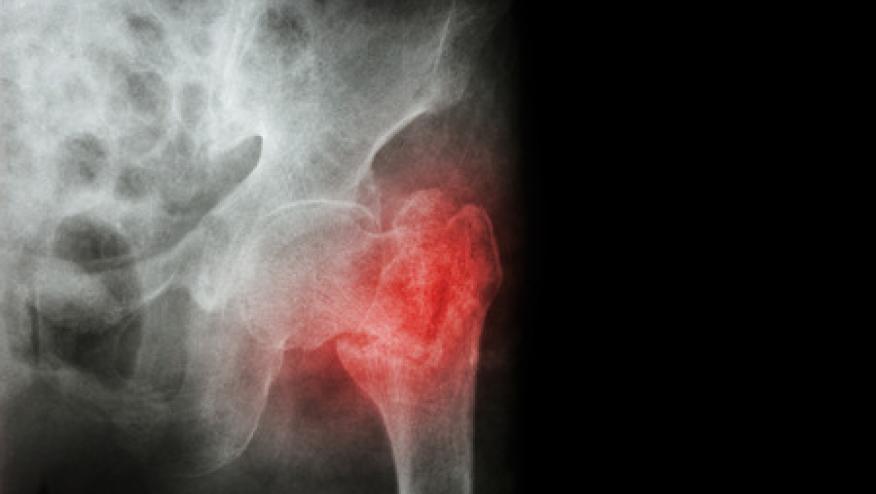Consensus on OP Drug Holidays Save

The association of very rare events, like osteonecrosis of the jaw (ONJ) and atypical femoral fractures (AFF), with bisphosphonate use has changed the long-term management of anti-resorptive therapy.
Bisphosphonates and denosumab have proven efficacy in fracture reduction, but the optimal use and duration remains unclear. A recent systematic review of the literature has resulted in the following expert opinion consensus:
- Extending bisphosphonate treatment beyond 3–5 years does not confer additional benefit in low-risk populations.
- Treatment re-initiation (usually 1–3 years after bisphosphonate withdrawal) depends on risk factors, new fractures and bone mineral density.
- The evidence regarding denosumab discontinuation is limited but caution is advised, as there may be a “rebound effect” with regard to fractures.
Discontinuation of bisphosphonates may be considered in all patients who have been on bisphosphonates (alendronate, risedronate or zoledronic acid) for more than five years, But the same cannot be said for ibandronate and denosumab, as the evidence is limited.
If the patient has not experienced fractures before or during therapy and the fracture risk is low, a “drug holiday” can be considered.
There is no solid evidence for the duration of the drug holiday, but, 1–2 years for risedronate, 3–5 years for alendronate and 3–6 years for zoledronic acid are suggested. After this time, the patient should be reassessed.
Aanti-osteoporotic treatment should be resumed when there is a new fracture or if the fracture risk has increased or BMD remains low (femoral neck T-score ≤−2.5),
In the case of denosumab discontinuation, close monitoring is suggested, due to the possibility of rebound fractures.










If you are a health practitioner, you may Login/Register to comment.
Due to the nature of these comment forums, only health practitioners are allowed to comment at this time.